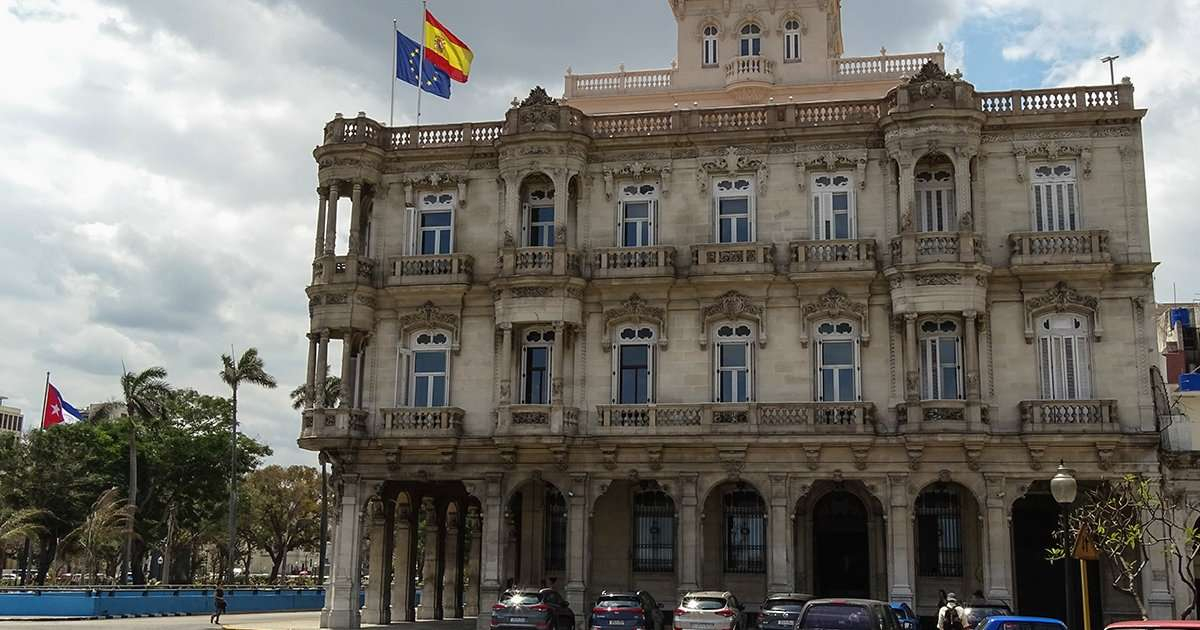
Less than 1 percent of Spanish citizens residing in Cuba exercised their right to vote in the general elections held on July 23 in Spain, despite the recent facilities provided by the socialist government of Pedro Sánchez for obtaining citizenship with its Democratic Memory Law (LMD).
According to the newspaper ABC, which cites figures from the Electoral Census of Absent Residents (CERA), only 1,184 resident Spanish citizens, out of a total of 152,192, went to vote at the Consulate in Havana during the established period (July 15 and 20).
At the time of closing the information, the situation of the votes sent by postal mail remained to be known. Until Saturday the 22nd in the afternoon, none had arrived.
When interested in the operation of this type of voting in Cuba, several people assured the newspaper that, on this occasion, unlike in other electoral processes, "they had not even received the notification and the required documentation by postal mail."
Refers ABC that in recent weeks, groups of Cubans mobilized on WhatsApp and Telegram to call on Cubans with Spanish citizenship to participate in the elections, and to vote for the Socialist Party.
In the opinion of these people, Cubans should thank Sánchez for having approved the Democratic Memory Law, which has led to 1,970 new nationalizations for Cubans of Spanish descent until January of this year.
The Spanish social-communist government carried out the LMD already at the beginning of the last stretch of its mandate (in October 2022), when the time for the general elections was approaching.
An agency report WHICH specifies that the low Cuban participation in the Spanish elections may have been influenced by the fact that only the Havana Consulate operates in Cuba, when only 43,000 Cuban-Spanish residents on the Island - less than 30 percent of the total - live in the capital.
"It is also relevant that 99 percent of those registered in CERA are Hispanic Cubans, mostly descendants of Spaniards who have become nationalized in recent years for economic or sentimental reasons and for whom national politics can be distant," add the text.
At the end of May, the Spanish Consulate in Havana reported on the procedure for citizens of their country abroad to vote in elections generals of last July 23.
"July 23, Spanish voters residing in Cuba can vote: -July 15-20 at the ballot box, -By mail in Cuba until July 18, -Requesting to vote by mail in Spain until July 13," the headquarters reported on Twitter diplomat.
Sunday's elections confirmed the forecasts of victory of the Popular Party (PP), main opposition. However, the right-wing bloc fell short of the absolute majority necessary to form a government.
The PP was the most voted with 136 seats, but did not achieve the overwhelming victory that many polls predicted. For its part, the Spanish Socialist Workers Party (PSOE) won 122 seats.
At this time, it is not yet known who will be able to govern. It all depends on which party will reach a majority after negotiating with the rest of the smaller political forces.
What do you think?
COMMENTFiled in: